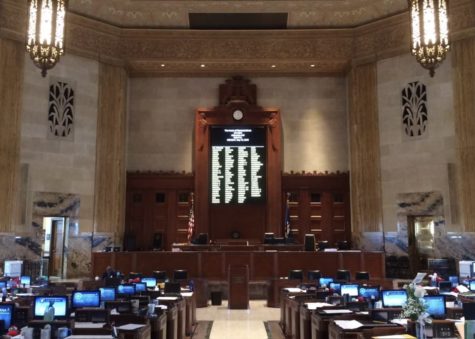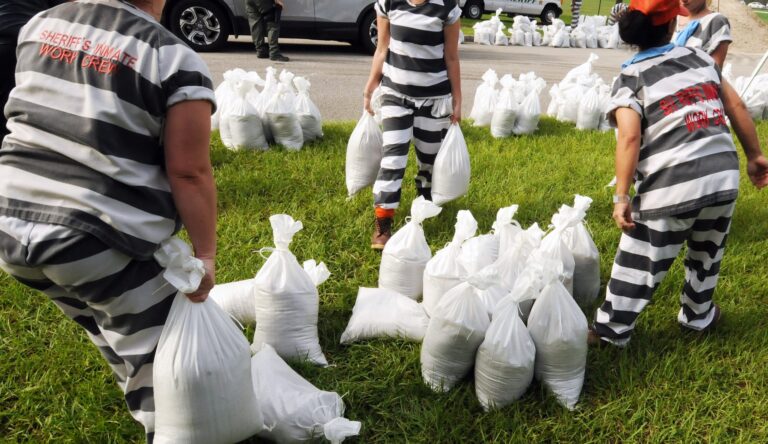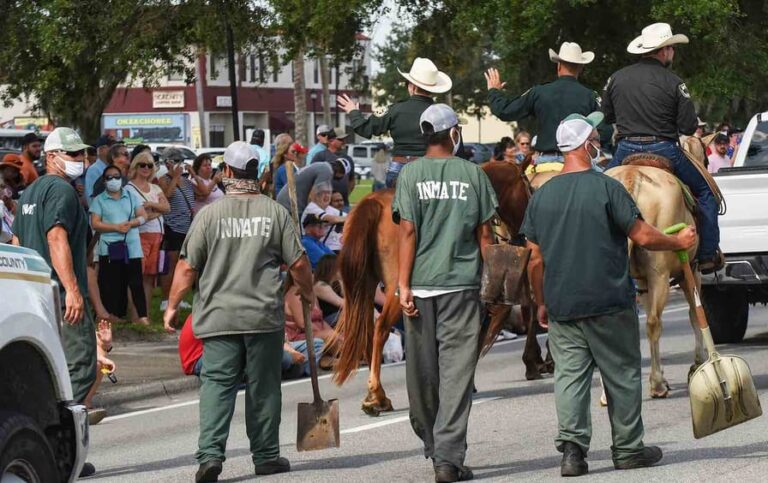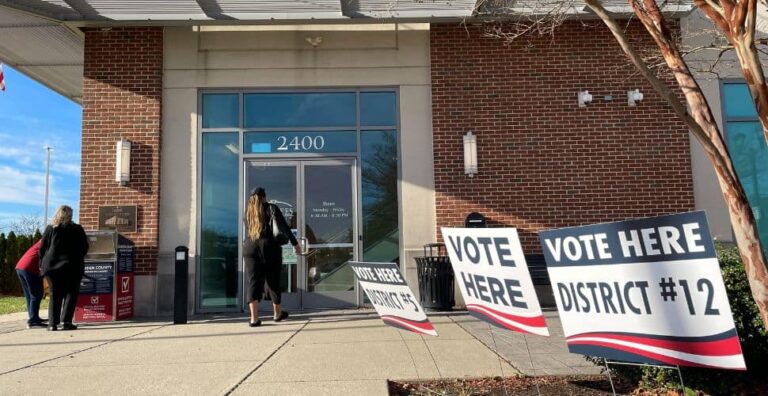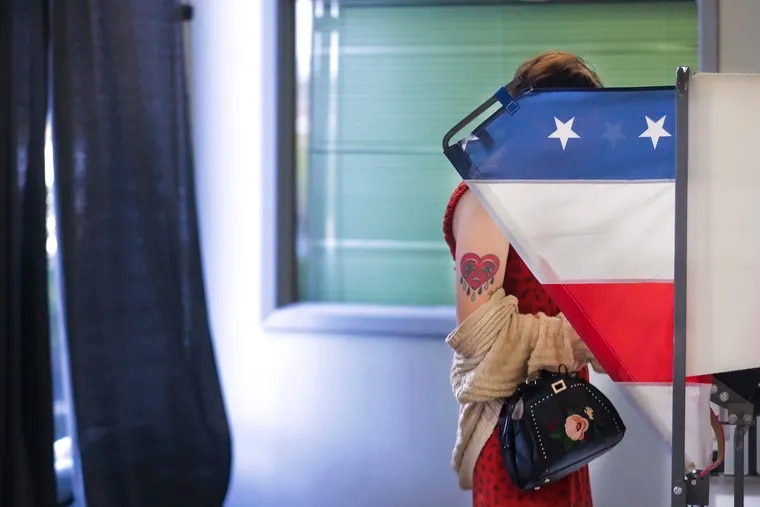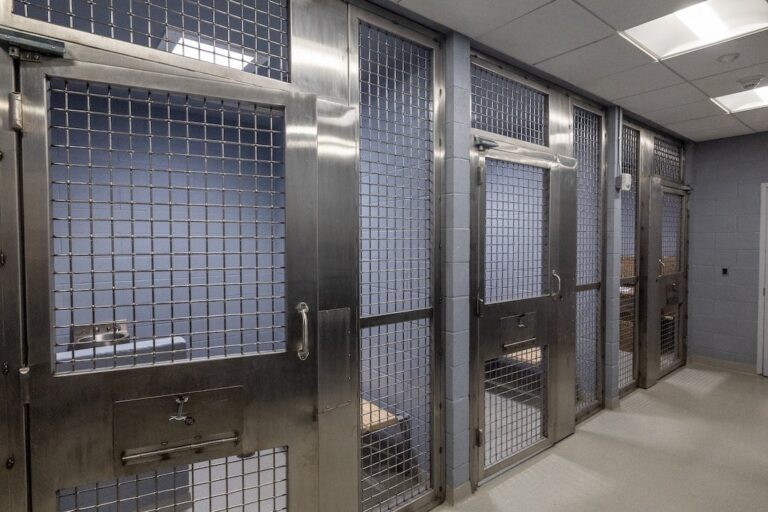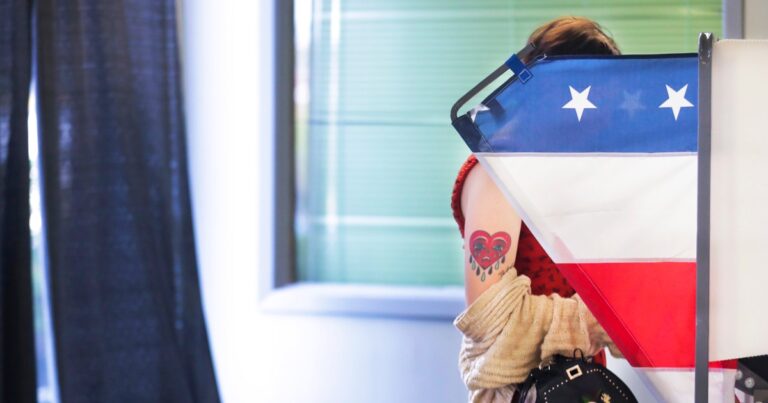NA resolution acknowledges children's rights – Newspaper – DAWN.COM
ISLAMABAD: The National Assembly on Friday adopted a resolution acknowledging children’s rights on World Children’s Day’ commemorated every year on Nov 20. The resolution was moved by the Member National Assembly MNA Mehnaz Akbar Aziz, who stated that this House realised the negative effects of climate change and the sufferings of 16 million children as…



